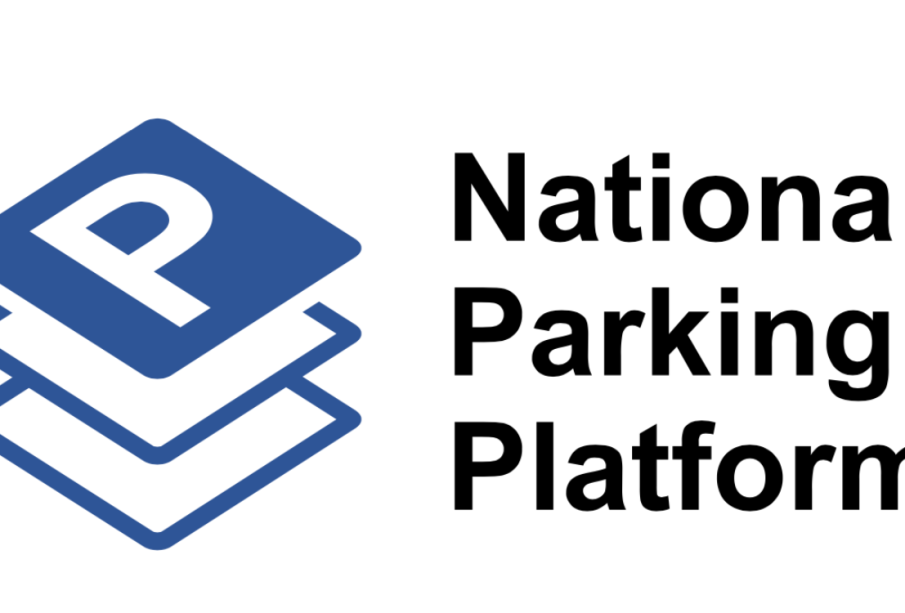Understanding the National Parking Platform and Its Impact

Introduction
The National Parking Platform (NPP) is increasingly becoming a critical element in the UK’s drive towards smarter urban mobility solutions. Launched to provide a unified approach to parking management, the platform aims to simplify and streamline the parking experience for users while enhancing efficiency for local councils and various stakeholders. With the urban population growing steadily, the importance of an integrated parking solution cannot be overstated.
What is the National Parking Platform?
The National Parking Platform was established to serve as a digital infrastructure that aligns various parking services across the UK. It enables information sharing among councils, private operators, and technology developers, creating a more cohesive parking ecosystem. By providing real-time access to parking data, including availability and pricing information, the platform ultimately aims to reduce congestion and carbon emissions associated with parking searches.
Current Developments and Features
Recently, the NPP has seen a significant launch in several metropolitan areas, enhancing the convenience for drivers by integrating mobile payment options, booking facilities, and user-friendly interfaces. Local authorities across London, Birmingham, and Manchester have already started leveraging the platform, with a growing number of private operators joining the initiative. This collaboration is expected to elevate the standard of service and lead to cost savings for local councils.
In a recent announcement, the NPP revealed plans for additional features, including a dynamic pricing model that adjusts parking costs based on demand and time of day. This initiative aims to encourage better parking practices and optimal utilisation of spaces, benefitting both drivers and the environment.
Significance of the National Parking Platform
The implementation of the National Parking Platform is projected to have wide-ranging implications for urban planning and sustainability efforts in the UK. By facilitating a more efficient parking system, cities can reduce unnecessary traffic congestion, lowering pollution levels and improving air quality. Furthermore, enhanced data sharing may play a pivotal role in the development of smart city initiatives, enabling further integration of transportation systems and boosting public transport usage.
Conclusion
As cities continue to grapple with parking challenges amid rising populations and increasing vehicle usage, the National Parking Platform stands as a potential game-changer. It represents a proactive step towards creating a more sustainable and accessible urban environment. With ongoing enhancements and a commitment to integrating services, the NPP could not only revolutionise how residents and visitors interact with parking facilities but also influence broader transport policy across the nation.








